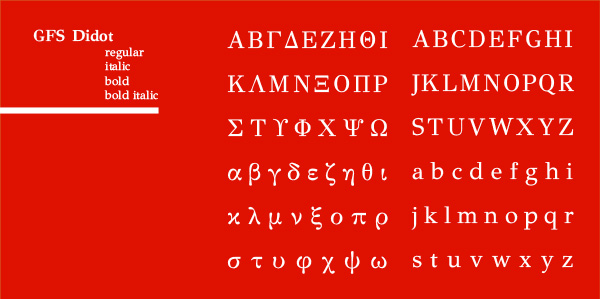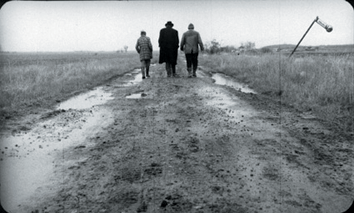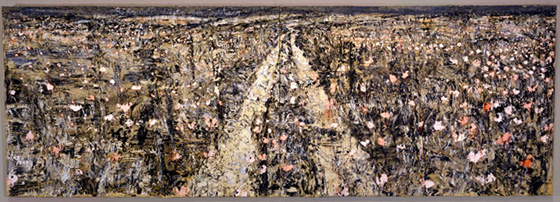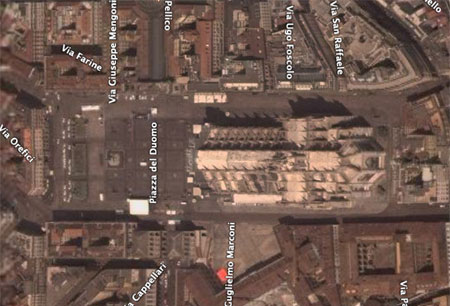“We all have our own talents, our special gifts. Sometimes these gifts seem to come to us from our forefathers, but more often it is difficult to trace their origin.
A goatherd, perhaps, amuses himself by counting little pebbles and doing sums with them. He becomes an astoundingly quick reckoner, and in the end is a professor of mathematics. Another boy, as an age when most of us care only for play, leaves his schoolfellows at their games and listens to the imaginary sounds of an organ, a secret concert heard by him alone. He has a genius for music. A third – so small, perhaps, that he cannot eat his bread and jam without smearing his face – takes a keen delight in fashioning clay into little figures that are amazingly lifelike. If he be fortunate he will some day be a famous sculptor.
To talk about oneself is hateful, I know, but perhaps I may be allowed to do so for a moment, in order to introduce myself and my studies.”
(Jean Henri Fabre, introduction to Fabre’s Book of Insects, adapted, whatever that means, from Souvenirs Entomologiques)
(see also)






